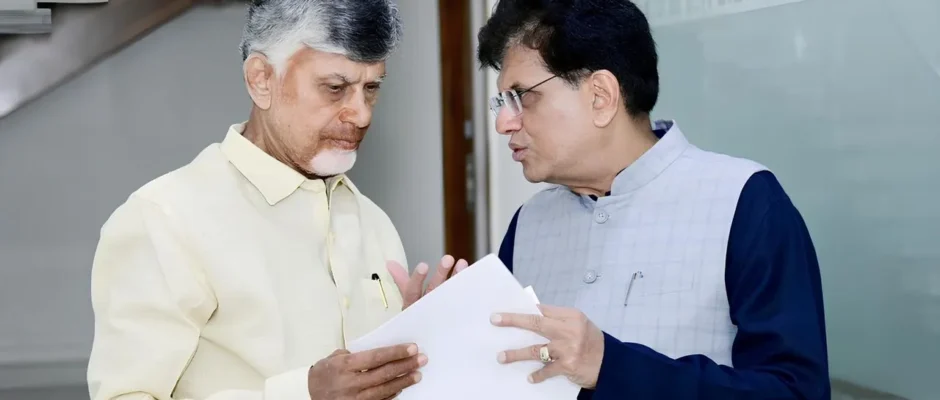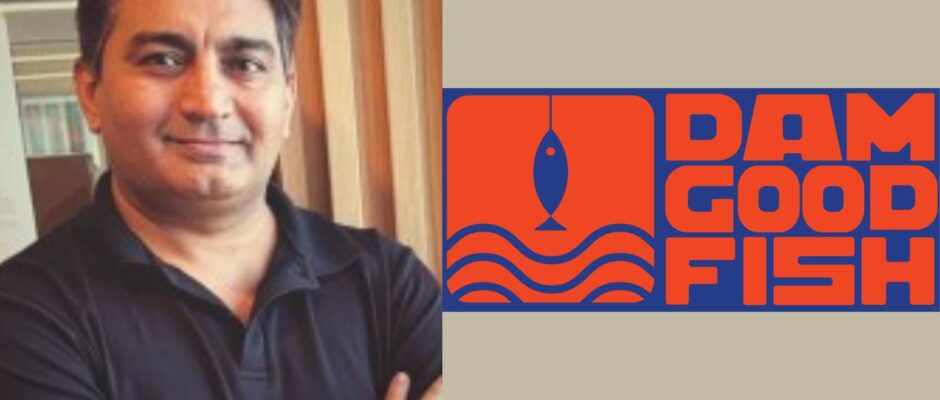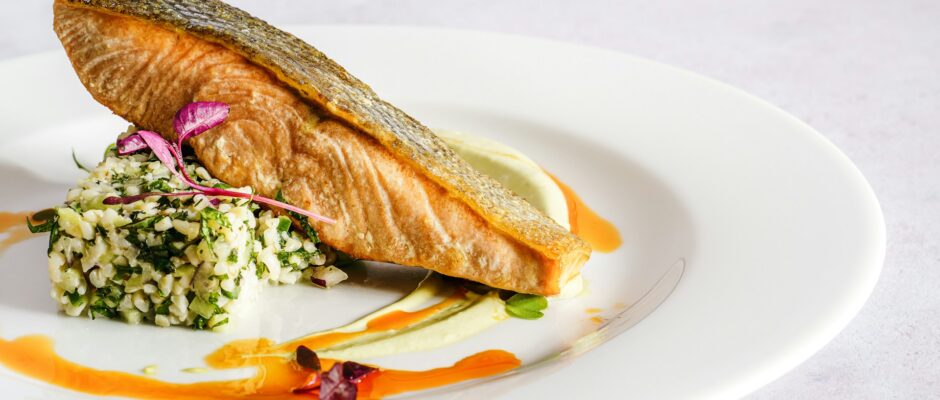Andhra Pradesh CM Urges Centre to Tackle Crippling US Tariffs on Seafood Exports
Andhra Pradesh Chief Minister N. Chandrababu Naidu has called for urgent intervention from the Union government to address the severe impact of high US tariffs on the state’s vital seafood industry. In a meeting with Union Commerce and Industry Minister Piyush Goyal, Naidu highlighted that a 27 percent tariff imposed by the United States on Indian seafood is threatening the livelihoods of lakhs of aquaculture farmers in the state. Aquaculture is a cornerstone of Andhra Pradesh’s economy, providing employment to approximately eight lakh farmers and playing a significant role in India’s total seafood exports. Naidu stressed that the steep US tariffs are critically undermining the sector’s profitability and competitiveness in the global market. The Chief Minister urged Goyal to initiate a high-level dialogue with US authorities to negotiate a reduction in these tariffs. He emphasized that such diplomatic efforts are crucial to safeguarding Andhra Pradesh’s prominent position in the international seafood market and providing essential relief to the state’s farming community. While the discussion also covered other agricultural challenges like falling tobacco prices and duties on palm oil, the plea to address the seafood export crisis underscores the sector’s immense importance to the state’s economic stability.





